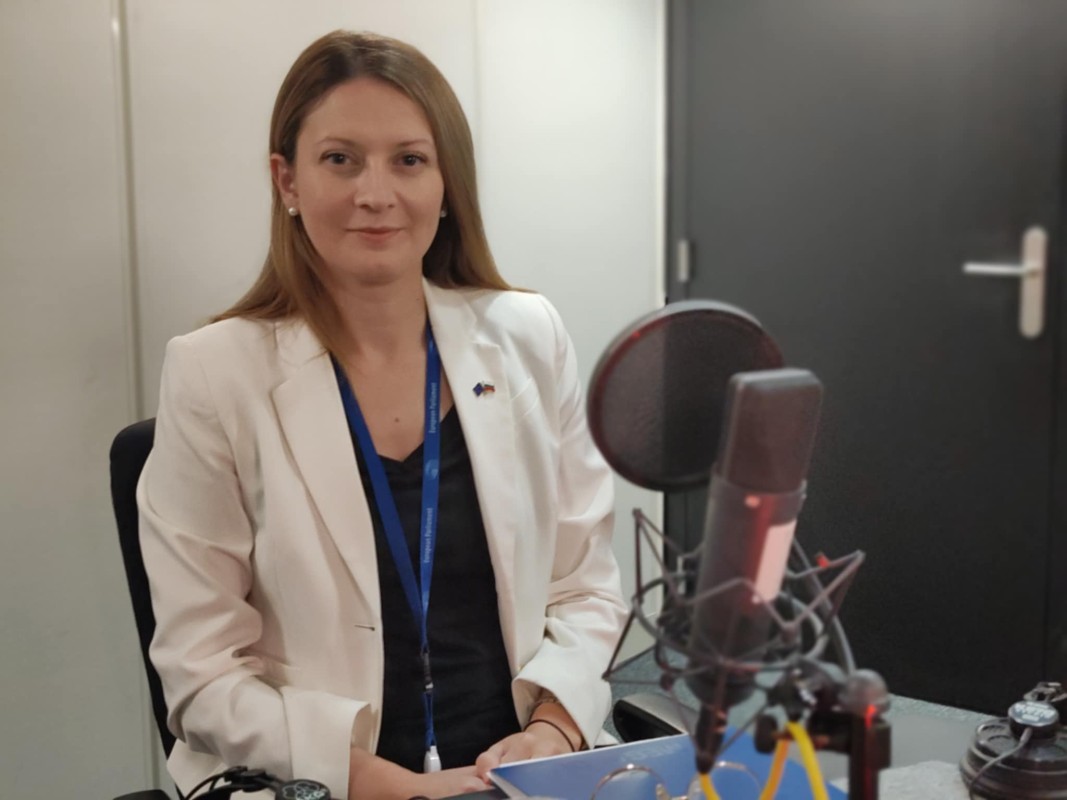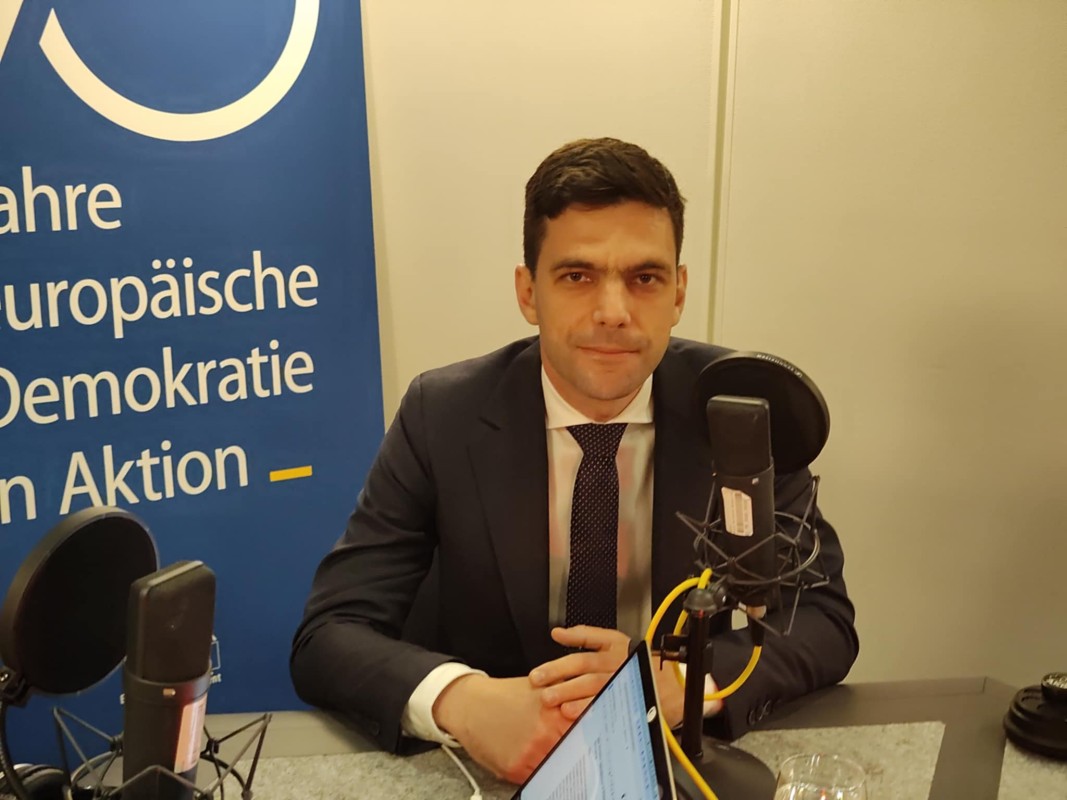

Exactly a week remains until the final decision on Bulgaria's entry into the eurozone – on July 8, the European Parliament is to vote on whether Bulgaria will become the 21st member of the eurozone and adopt the single European currency from January 1,..
At the start of the harvest season, Yanislav Yanchev, the Deputy Minister of Agriculture , predicted that the wheat would be of good quality. The country continues to maintain a stable position as a grain producer. The domestic market is secure and..
The base interest rate in Bulgaria is decreasing to 1.91% as of July 1, announced the Bulgarian National Bank. The base interest rate is dropping by 0.16% compared to the previous month, when it stood at 2.07%. Thus, the base interest rate will be..

+359 2 9336 661
